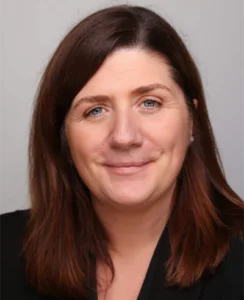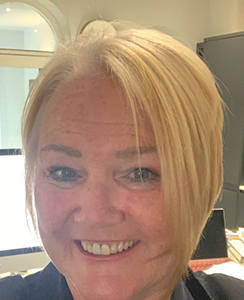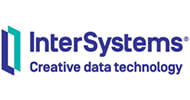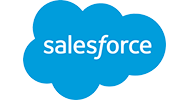Shape the future. Expand your influence. Make a difference.
Are you ready to make a difference or know someone who would be a great leader? Digital Health Networks members are invited to nominate themselves or a colleague for the 2025-2027 Advisory Panels. This is a unique opportunity to influence the future of digital health leadership.
Why join?
- Shape the future: Define the direction of digital health leadership.
- Expand your influence: Represent peers on national platforms.
- Build your network: Collaborate with NHS digital health leaders.
- Develop your skills: Enhance leadership and advocacy abilities.
- Make a difference: Drive innovation and improvement across the NHS.
Who can apply?
CCIO Panel: Doctors, nurses, therapists, and technicians with a clinical qualification and registration.
CIO Panel: CIOs, IT directors, and senior IT leaders working in health and social care.
CNIO Panel: Digital nurses, midwives, and Allied Health Professionals with a clinical qualification and registration.
Time commitment
Being an Advisory Panel member requires active participation. The time commitment includes:
Monthly virtual meetings: Participate in 1-hour virtual meetings to discuss ongoing initiatives, share updates, and make strategic decisions.
Quarterly in-person meetings: Advisory Panel members meet in-person to collaborate more closely with each other and various stakeholders. These sessions provide valuable opportunities for in-depth discussions and planning.
Mentoring programme: A key responsibility of panel members is leading a 6-month group mentoring programme designed to nurture the next generation of digital health leaders (visit our mentoring page for more information).
Additional activities: Engage in activities that support the Network’s objectives, such as contributing to webinars, writing blogs, and supporting community-driven initiatives. Panel members are also encouraged to take part in podcasts, draft white papers, and provide feedback on key policy and programme developments.
By dedicating time to these commitments, Advisory Panel members play a pivotal role in advancing the Network’s mission and empowering future leaders in digital health.
The election process
Nominations: Submit a nomination for yourself or a colleague by providing contact details, a short bio and a manifesto (tell voters who you are and what you hope to achieve whilst in the role)
Candidate List: Once nominations close, your details will be published online as part of the candidate list for Network members to vote.
Hustings: Take part in hustings to share your vision and priorities with the community.
Results: The election process concludes with results announced ahead of Summer Schools with elected members invited to attend the event.

“The community continues to grow with extreme passion, energy and enthusiasm and to support the digital transformation agenda.”
Sarah Hanbridge (CNIO AP 2021-2023), CCIO (Nursing & AHP) Leeds Teaching Hospitals NHS Trust

“The ability to influence national digital agendas, providing a view from the ground, can help shape the future digitalisation of healthcare.”
Fiona McDonald (CCIO AP 2017-2023), CCIO, Redmoor Health

“As an independent body there is an opportunity to speak truth to power and I think this is needed now as much as it ever was. It definitely enriches life as a CIO.”
Ade Byrne (CIO AP 2015-2023), CIO, University Hospital Southampton NHS Foundation Trust










